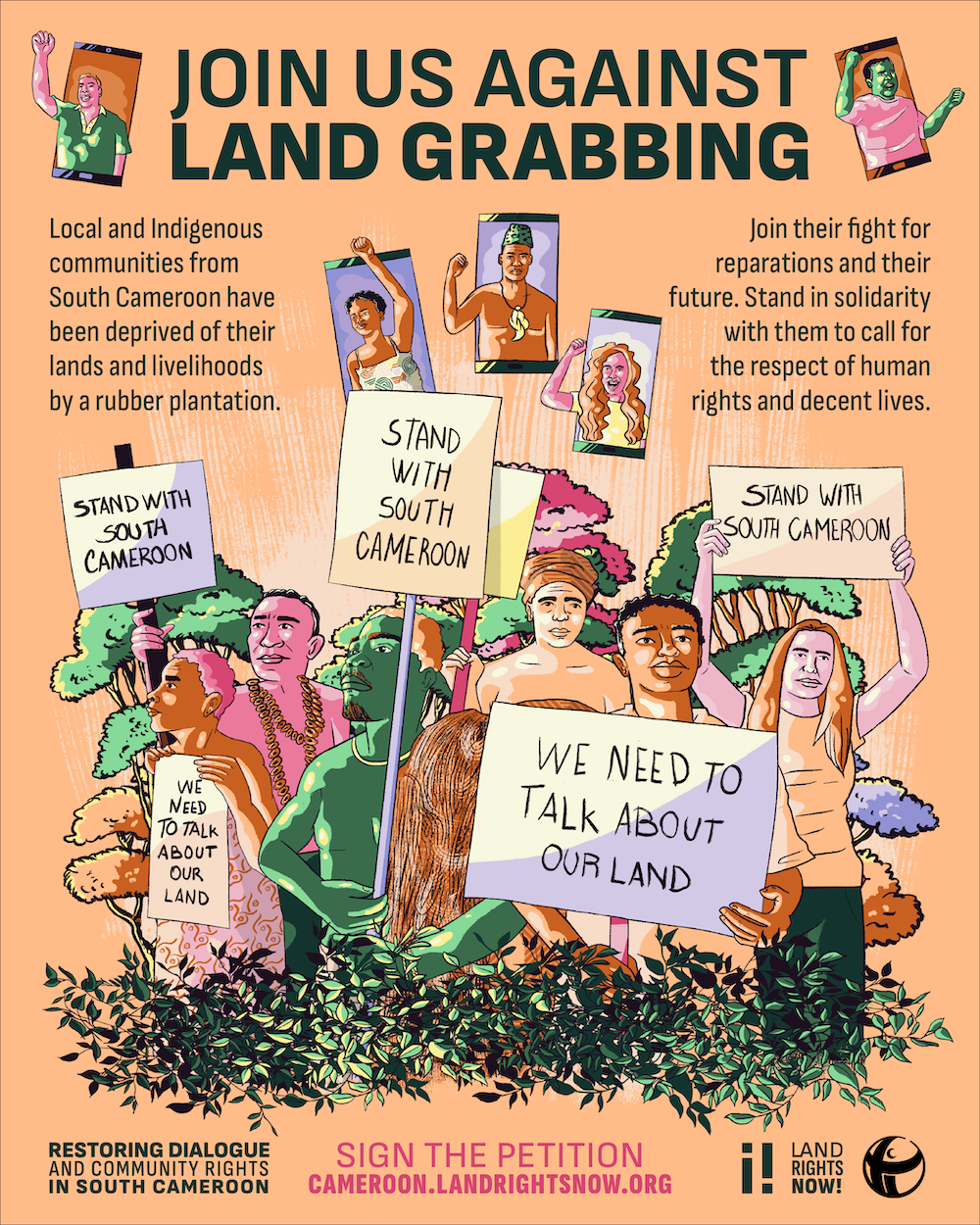In the villages surrounding SudCam's vast rubber plantation in Southern Cameroon, the contrast between initial promises and current reality is striking. More than a decade after the establishment of this Halcyon Agri Corporation Limited subsidiary, local communities face a radical transformation of their environment and way of life.
Promising Beginnings, Rapid Disillusionment
The signing of an agreement between the Cameroonian government and SudCam painted a bright future for the districts of Meyomessala, Meyomessi, and Djoum. Job creation, poverty reduction, and increased exports were among the many promises made.
"We were promised the moon and stars once the plantation was established," confides a village chief, preferring to remain anonymous. The reality proved quite different.
A Difficult Coexistence
The early years were marked by tensions. While SudCam initially compensated for the loss of land with food distributions, the expected economic benefits never materialized for the locals.
In 2018, facing growing criticism, SudCam commissioned the APIFED association to assess local needs. This initiative led to some improvements, such as strengthening the health system and establishing bus lines to facilitate access to education and markets.
However, these efforts gradually waned. The buses disappeared, and schools and health centers no longer receive funding. "We feel abandoned," laments a plantation resident.
The 2022 Convention: Dashed Hopes
Facing mounting tensions, SudCam requested the development of a convention with local communities in 2022. Signed by 23 village chiefs, this convention details measures essential for establishing sustainable living conditions for all populations near the plantation. Despite local communities' concerted efforts and attempts to negotiate with the company, the convention remains unenforced, as SudCam has yet to sign it.
"We're being wronged," protests a community leader. "What we want is for SudCam to listen to us and understand us. We want our rights to be respected."
A Mixed Assessment
Field investigations reveal a long list of unfulfilled promises:
- Lack of recruitment and training for indigenous people
- Poor access to clean water
- Insufficient support for local infrastructure
- Abandonment of specific support promised to the Baka people, an indigenous community whose way of life was intimately linked to the forests and bushlands destroyed by SudCam
Moreover, initial support has been withdrawn, such as payment of teachers' and nurses' salaries, provision of varied food supplies, and fertilizers for farmers.
Communities Call for Dialogue
Despite these challenges, the communities neighboring SudCam aren't giving up. Their demand is clear: to restore dialogue and ensure respect for their fundamental rights.
A spokesperson for the affected villages explains: "The communities are simply asking for a significant improvement in their living conditions, the restitution of their lands, and access to the forests that are an integral part of their spiritual and cultural heritage."
Today, the neighboring communities have launched a petition to amplify their demands and finally re-establish dialogue with SudCam, setting a starting point for healthy coexistence among all stakeholders in the region.
The story of SudCam in Cameroon illustrates the complex challenges associated with the establishment of large companies in traditional regions. It underscores the urgency of sincere and continuous dialogue between economic actors and local communities for truly sustainable and equitable development.
As SudCam remains silent, the question persists: Will the company be able to renew dialogue and honor its commitments to the populations that have hosted it for more than a decade?
Since 2008, the communities of Meyomessala, Meyomessi and Djoum located in the DJA and LOBO divisions of South Cameroon have been unjustly deprived of their ancestral lands by a large-scale rubber plantation established without their consent or fair compensation. This industrial-scale project, as large as Paris, has devastated local communities and destroyed their traditional way of life based on hunting, fishing, and gathering in the tropical forest.
For years, local communities have fought tirelessly for decent living conditions, respect for their fundamental rights, and an end to the constant fear that plagues their daily lives. It’s time to support their cause and call for meaningful dialogue.
Only through open communication, we will be able to secure a present and future for all inhabitants of the South Region of Cameroon and protect vital ecosystems.

